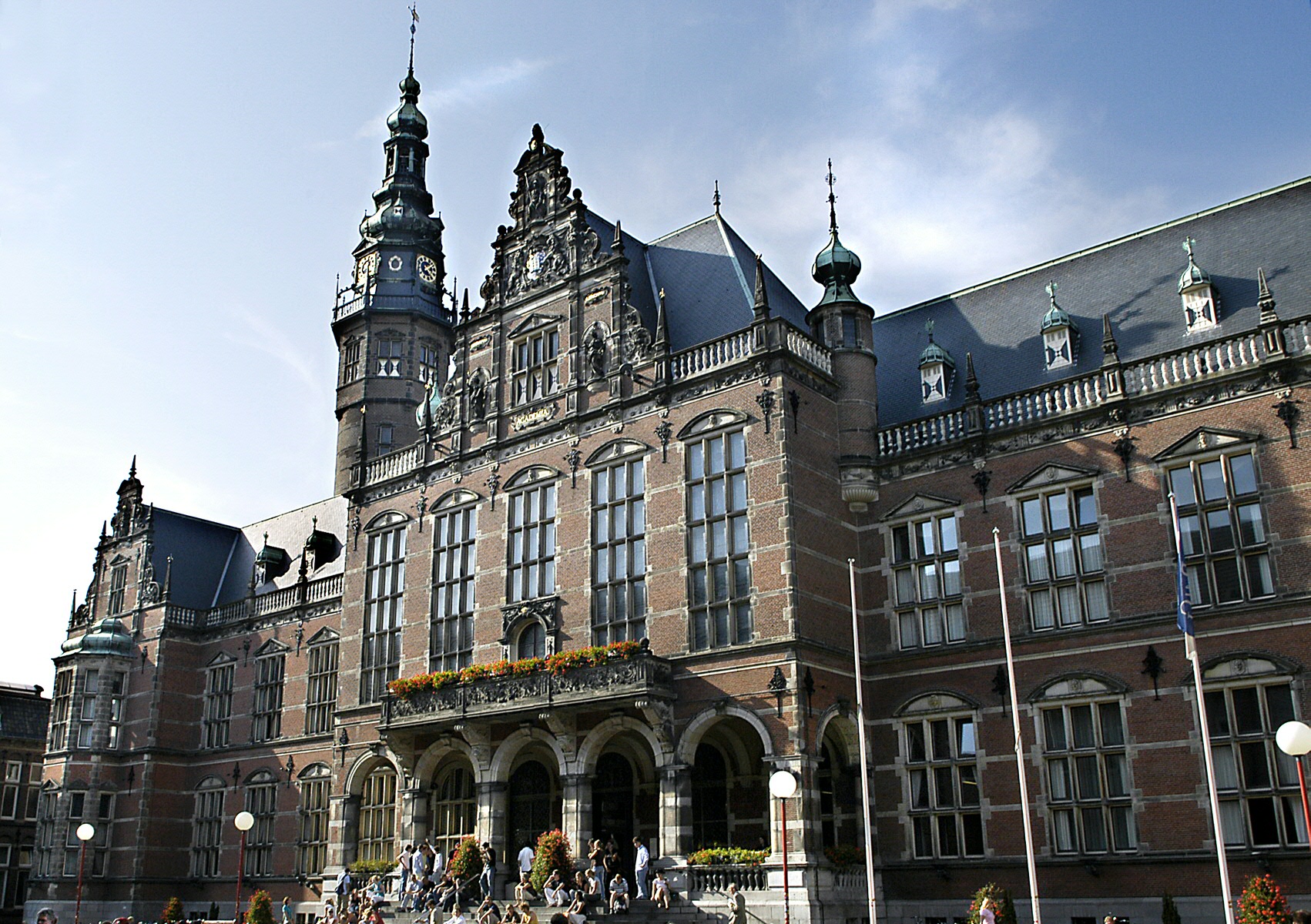Millions worth of grants for four Groningen top researchers

Four prominent academics from the University of Groningen have been awarded EUR 1.5 million each, to be spent on five years of research and the establishment of their own research groups. They have been awarded Vici grants as part of NWO’s Innovational Research Incentives Scheme (‘Vernieuwingsimpuls’).
NWO awards Vici grants on the basis of the researchers’ quality, the innovative nature and academic impact of their research proposal and application of knowledge. The Vici grants are intended for ‘excellent, experienced researchers who have successfully developed a new research line and thus established themselves prominently at both national and international levels’, says NWO. This year a total of 35 academics have been awarded a Vici grant.
Vici laureates in Groningen and their proposal:

Using gravitational waves to understand the nature of black holes
Prof. Chris van den Broeck (Van Swinderen Institute, Faculty of Science and Engineering, also working for Nikhef)
Gravitational waves - ripples in the fabric of spacetime itself - can finally be detected. Van den Broeck will use them to reveal the true nature of black holes, and search for new, exotic compact stars, to further our understanding of gravity at the most fundamental level.

Using Lewis acids to enable new chemical reactions
Prof. Syuzanna Harutyunyan (Stratingh Institute of Chemistry, Faculty of Science and Engineering)
Lewis acids can be used to either make unreactive molecules chemically active, or conversely to selectively block reactive groups and direct the outcome of reactions. Combining this concept with copper catalysts Harutyunyan and her team will develop efficient and environmentally friendly alternatives to existing chemical processes for the production of pharmaceutically relevant compounds.
More information
- Syuzanna Harutyunyan wins KNCV Gold Medal
- Cool combination produces easier carbon bonds

Targeting the ER stress response in non-alcoholic fatty liver disease
Prof. Johan Jonker (UMCG, Medical Biology)
Cellular stress caused by obesity and accumulation of fat in the liver can be reversed via activation of the Unfolded Protein Response of the endoplasmic reticulum (UPRER). Here Jonker and his team will investigate the involvement and “druggability” of UPRER targets and explore their potential for the treatment of non-alcoholic fatty liver disease.

Getting graphene ready for applications
Prof. Meike Stöhr (Zernike Institute for Advanced Materials, Faculty of Science and Engineering)
Graphene with its many extraordinary characteristics is a promising material for a wide range of applications spanning from electronics to coatings to photonics. To get graphene ready for the implementation in future products, Stöhr and her team will tailor its properties in a controlled way by using specially designed organic molecules.
- Breakthrough may lead to industrial production of graphene devices
More information at www.nwo.nl
More news
-
29 January 2026
Microplastic research - media hype or real danger?
-
27 January 2026
ERC Proof of Concept grant for Maria Loi
